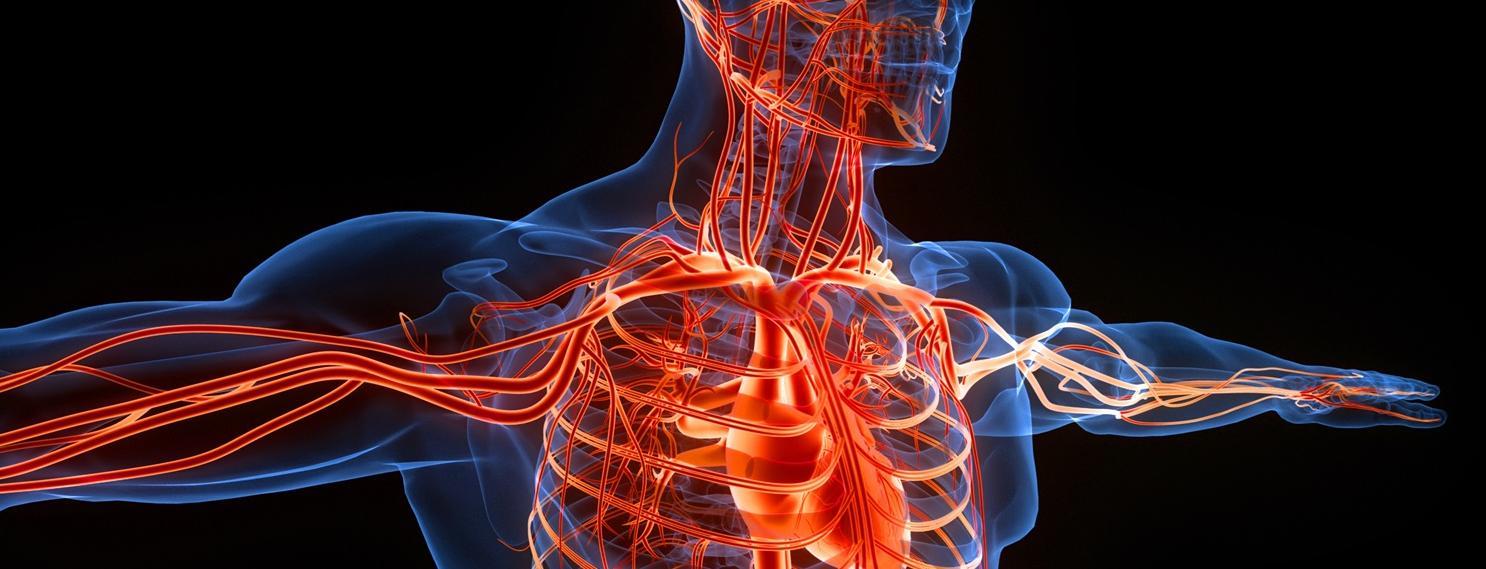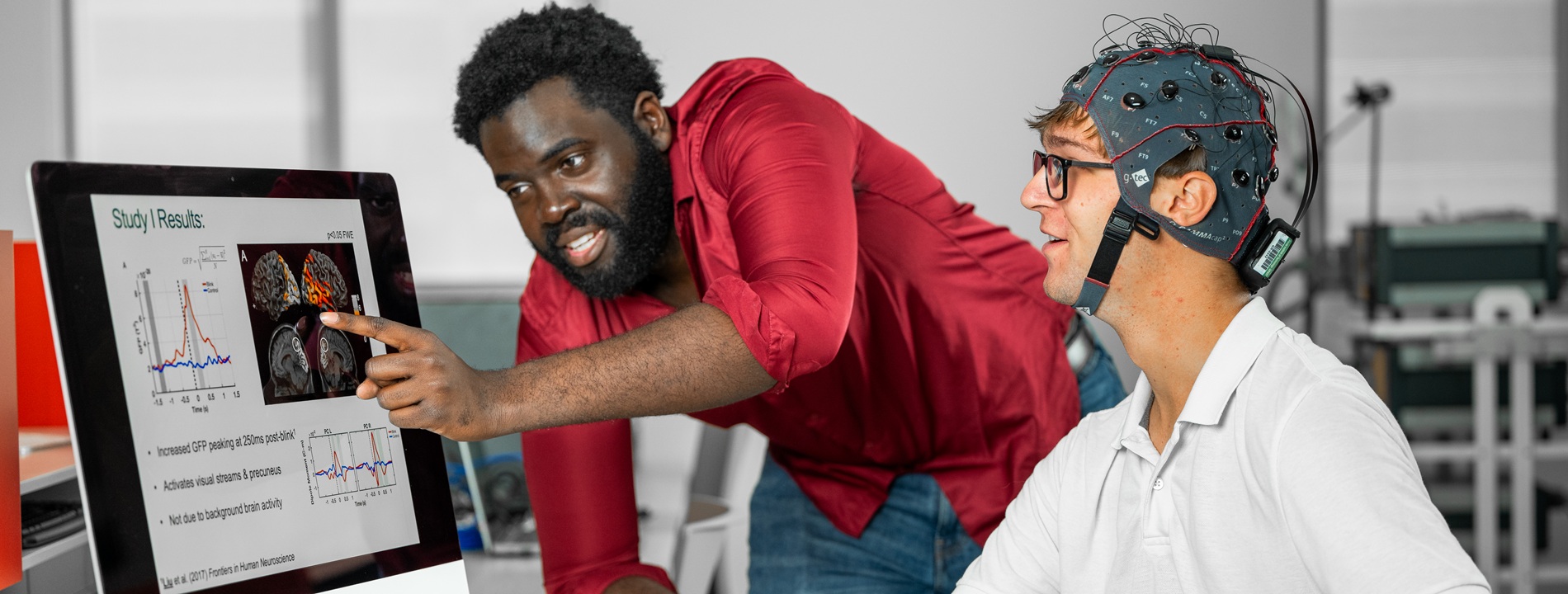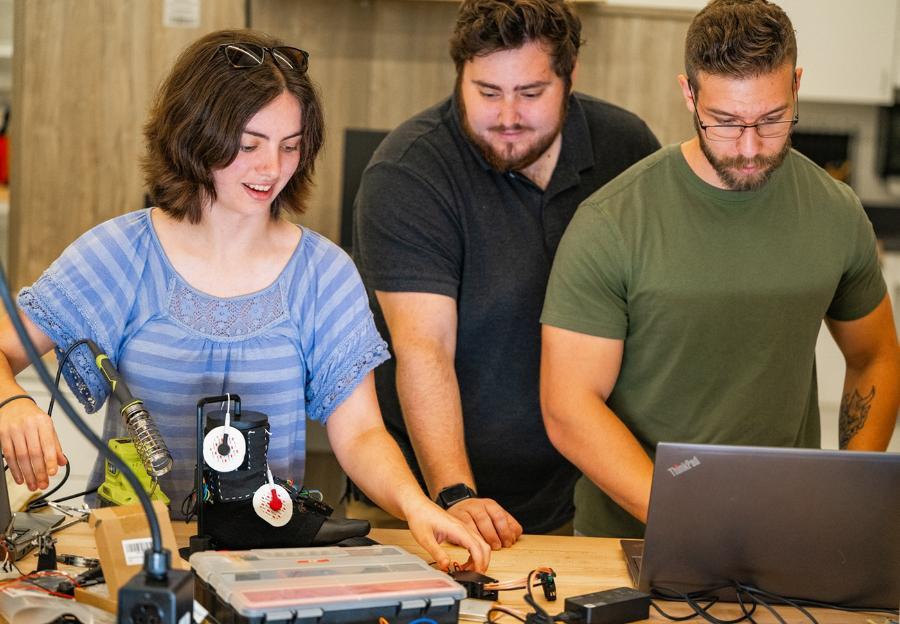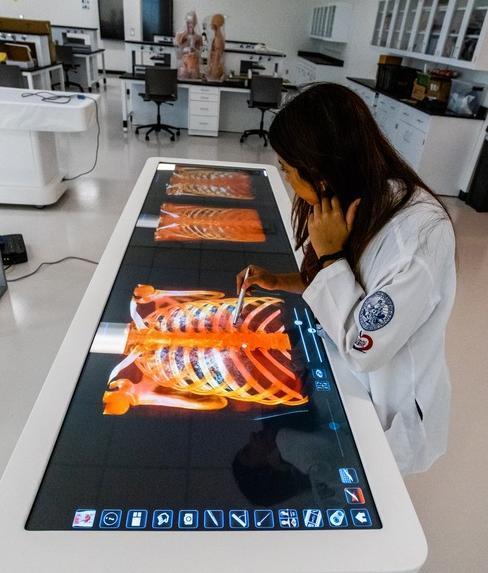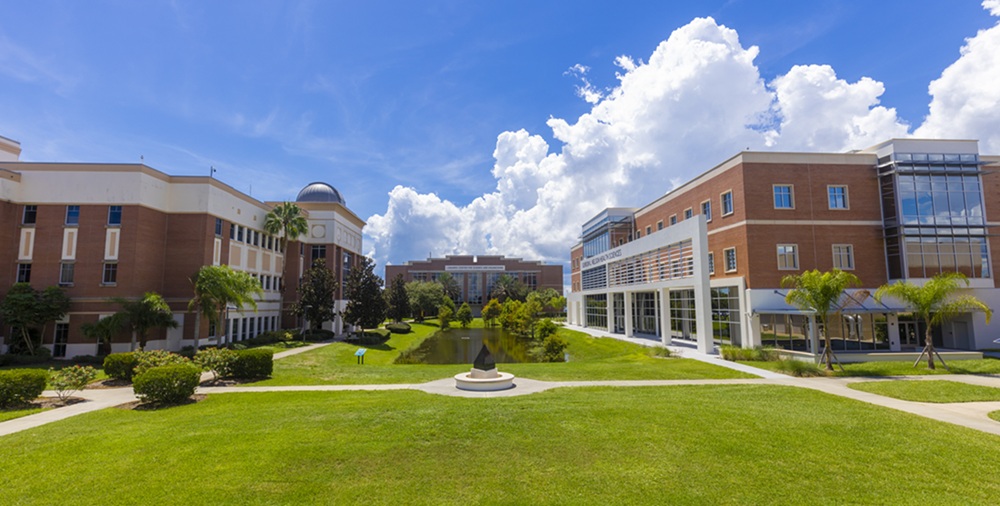State-of-the-Art Laboratories and Facilities
Florida Tech’s biomedical engineering facilities provide advanced tools for hands-on learning and research in medical imaging, biomaterials, biomechanics and instrumentation.
Students gain experience with high-resolution microscopy, advanced lasers, materials testing systems and signal processing equipment—supporting innovation in diagnostics and therapeutics.
The Bioengineering and Sciences Building expands these capabilities with cutting-edge teaching labs in human anatomy, augmented and virtual reality, orthopedics, tissue studies and computational modeling.

 Give to Florida Tech
Give to Florida Tech 